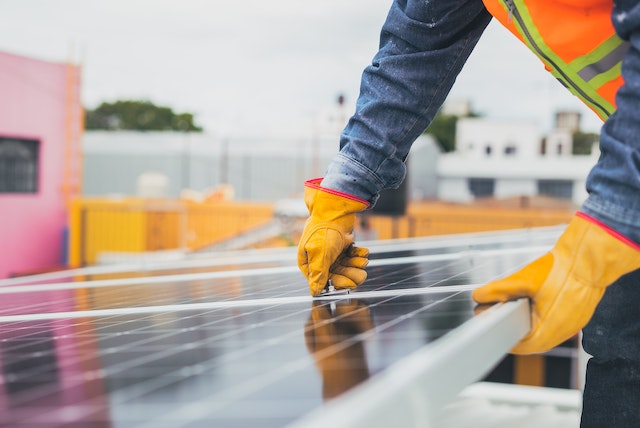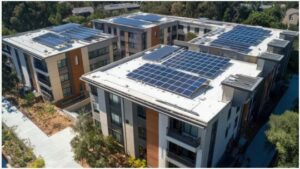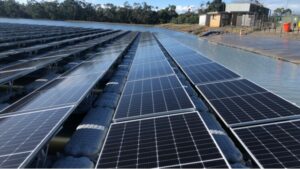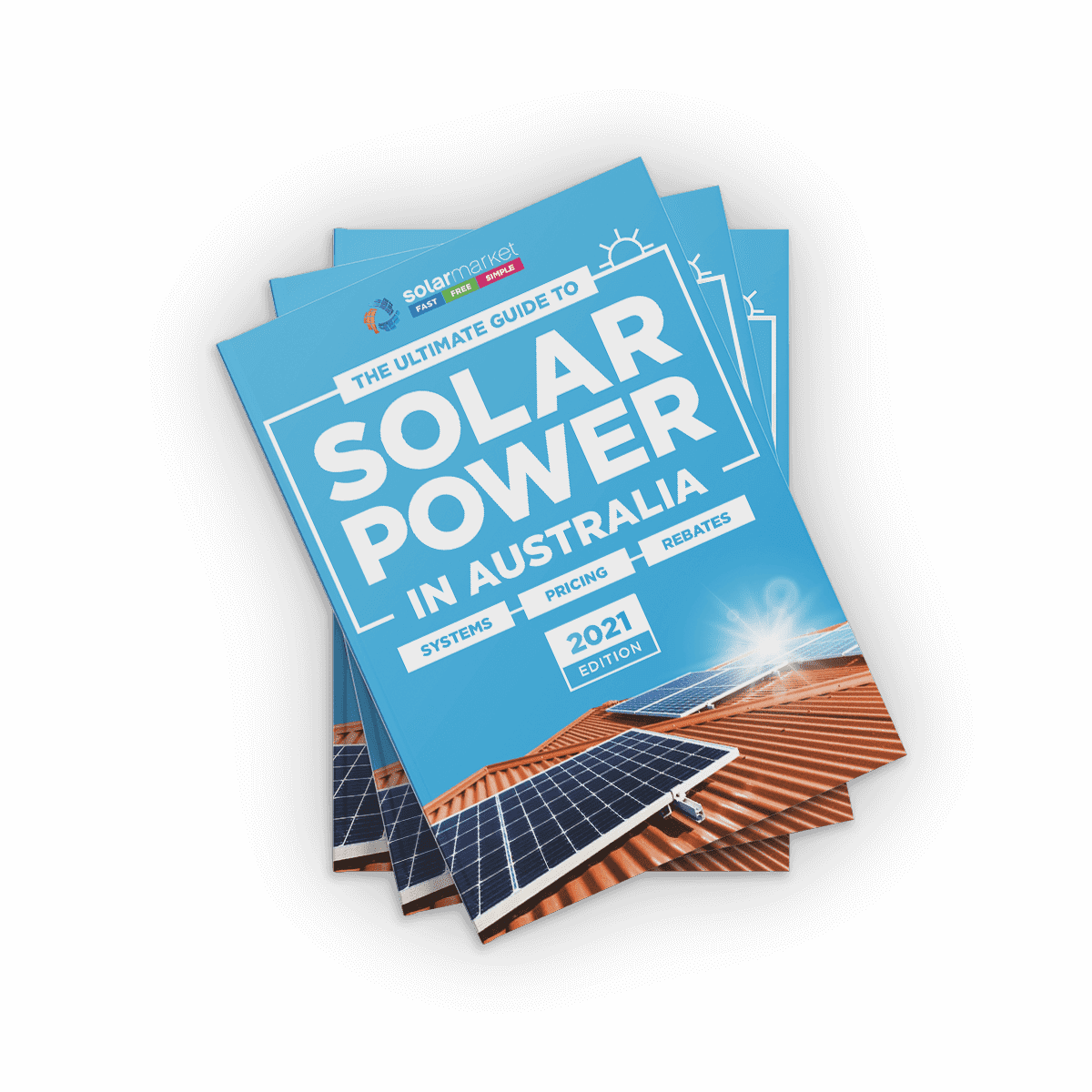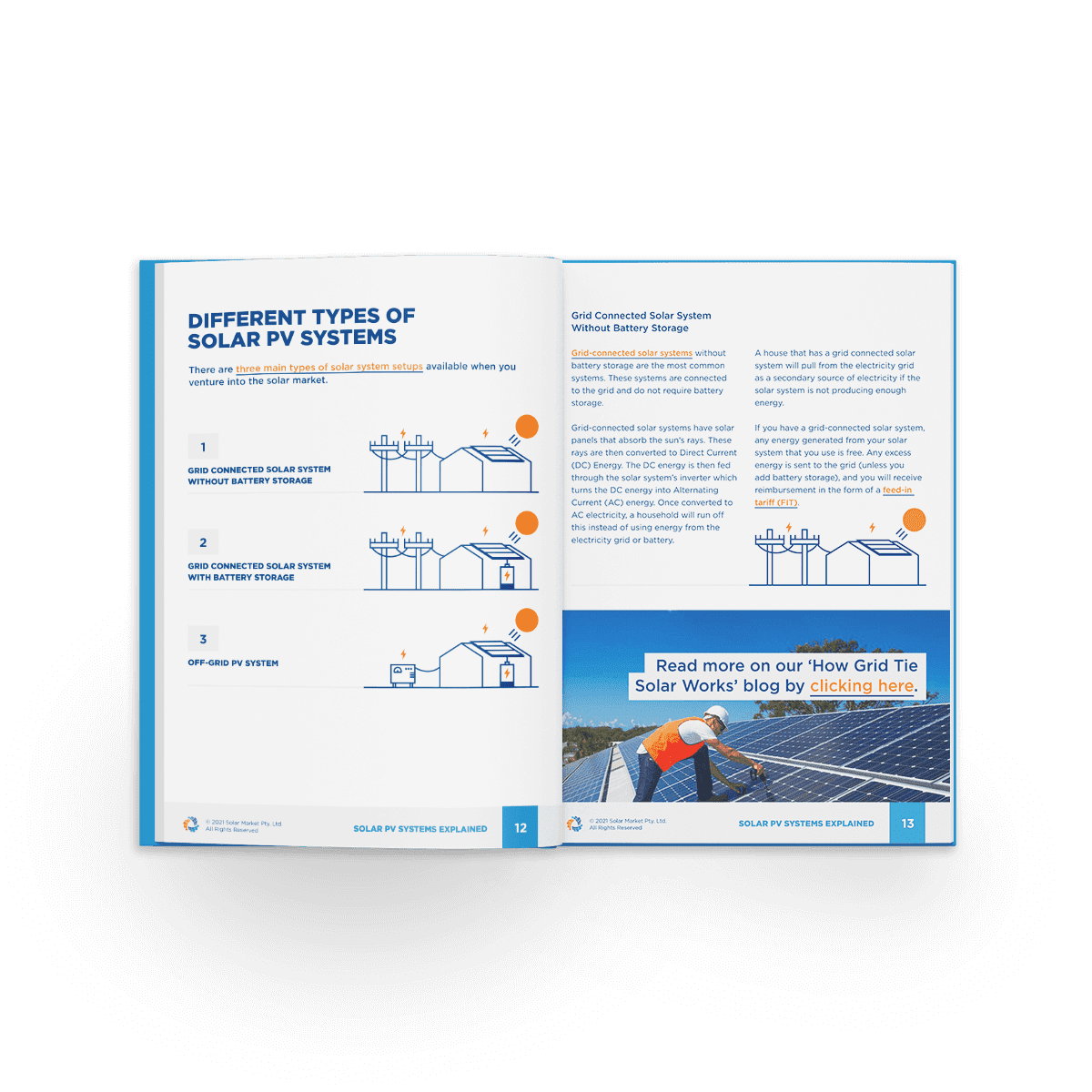As a solar installation business in Australia, it’s important to have the right insurance coverage in place to protect your company and your employees. Not only is insurance a legal requirement in many cases, it can also provide peace of mind and help you avoid financial losses in the event of an accident or other unforeseen circumstance.
In this article, we’ll cover all the different types of insurance that a business installing solar panels in Australia might need, as well as any different requirements across states, particularly in relation to workers’ compensation insurance.
- Public Liability Insurance
Public liability insurance is a must for any small business, including solar installation companies. It covers your business against claims made by a third party for personal injury or property damage caused by your work. For example, if a customer trips and falls on your solar panel installation site, or if your work causes damage to a neighbouring property, public liability insurance could help cover the costs of any legal action or compensation claims. Many commercial solar clients will require evidence of your PL insurance prior to commencing a job.
- Professional Indemnity Insurance
Professional indemnity insurance, also known as errors and omissions insurance, covers your business against claims related to professional mistakes or oversights. This type of insurance is particularly important for solar installation businesses, as mistakes in the design or installation process could lead to costly repairs or claims in relation for suitability for purpose.
- Workers’ Compensation Insurance
Workers’ compensation insurance is a legal requirement in Australia, and it covers your employees in the event of an injury or illness sustained while on the job. It provides financial support for medical treatment and lost wages, and helps to protect your business against potential legal action.
Requirements for workers’ compensation insurance vary from state to state in Australia. In New South Wales, for example, businesses with one or more employees are required to have workers’ compensation insurance. In Victoria, on the other hand, all businesses with any employees, including contractors and subcontractors, must have workers’ compensation coverage. It’s important to check the specific requirements for your business and ensure that you are properly covered.
There are also different types of workers’ compensation insurance policies available, depending on the size and nature of your business. For example, a small solar installation business with a handful of employees might opt for a policy that covers just the essentials, while a larger company with a higher risk of accidents may want a more comprehensive policy.
- Business Insurance
In addition to the above types of insurance, there are several other types of coverage that may be relevant for your solar installation business. These could include:
- Business interruption insurance, which covers the loss of income and additional expenses if your business is unable to operate due to an insured event, such as a natural disaster.
- Vehicle insurance, which covers your company vehicles and any damage or injuries resulting from a collision.
- Tools and equipment insurance, which covers the cost of replacing or repairing tools and equipment damaged in the course of your work.
- Cyber Security Insurance
As a solar installation business, you may not immediately think of cyber security insurance as a top priority. However, with the increasing reliance on technology and the internet in the business world, it’s important to consider the risks of a cyber attack or data breach. Solar companies have already become the victims of cyber attacks.
Cyber security insurance can help protect your business against the financial consequences of a cyber attack, such as the cost of recovering from the attack, legal fees, and compensation to customers whose data may have been compromised. It can also cover the costs of hiring a public relations firm to help manage the damage to your company’s reputation.
There are a few key things to consider when looking at cyber security insurance options for your solar installation business:
- The scope of the coverage: Does the policy cover all the potential risks your business faces, such as data breaches, cyber extortion, and hacking?
- The exclusions: Are there any exclusions in the policy that could leave your business exposed to certain types of cyber risks?
- The policy limits: What is the maximum amount the insurance will pay out in the event of a claim? Make sure the limits are sufficient to cover your potential losses.
- The deductible: How much will you have to pay out of pocket before the insurance kicks in? A lower deductible may mean higher premiums, but it could also provide more financial protection in the event of a claim.
In summary, it’s important for solar installation businesses in Australia to have the right insurance coverage in place to protect against potential risks and liabilities. This includes public liability insurance, professional indemnity insurance, and workers’ compensation insurance, as well as possibly other types of coverage depending on your specific business needs. Make sure to research and compare different insurance options to find the best fit for your company, and don’t forget to consider the importance of cyber security insurance in today’s digital landscape.
Solar Market will soon be providing solar installation businesses in Australia with access to tailored insurance solutions specifically designed for the solar industry. Stay tuned for more details to come.
